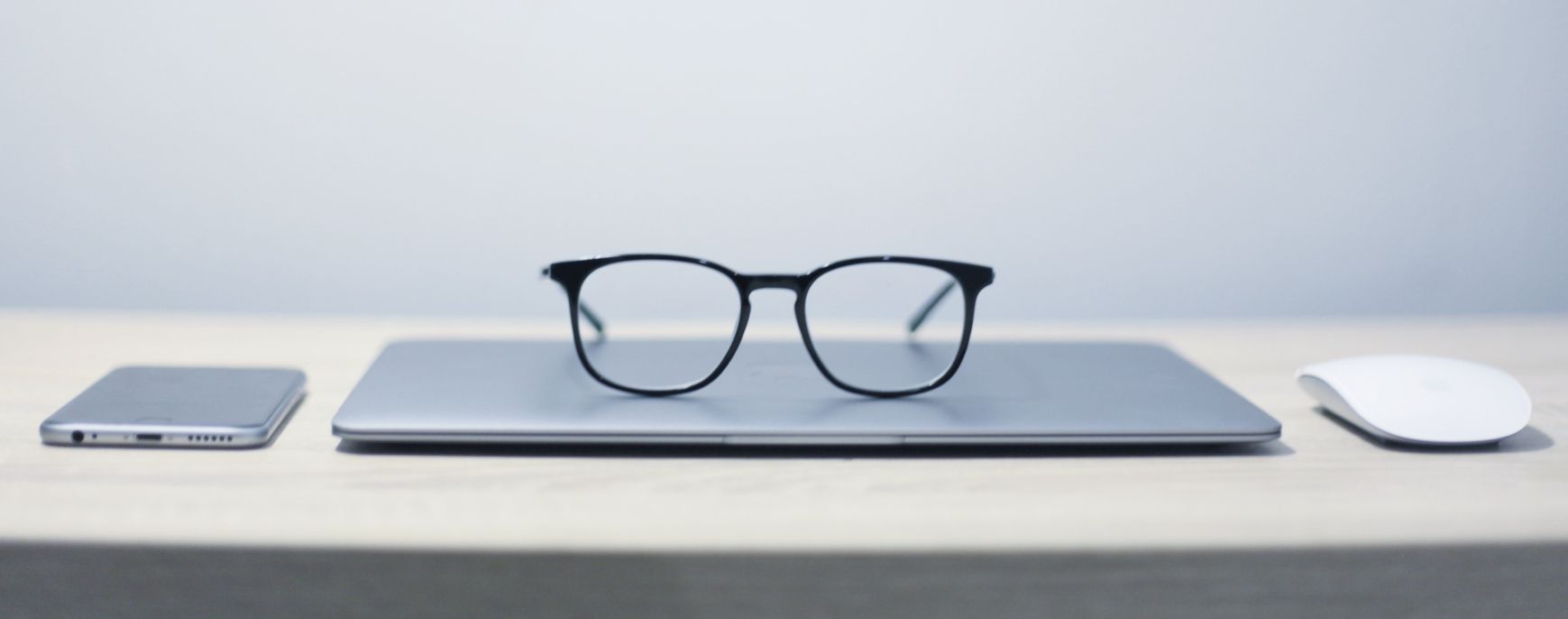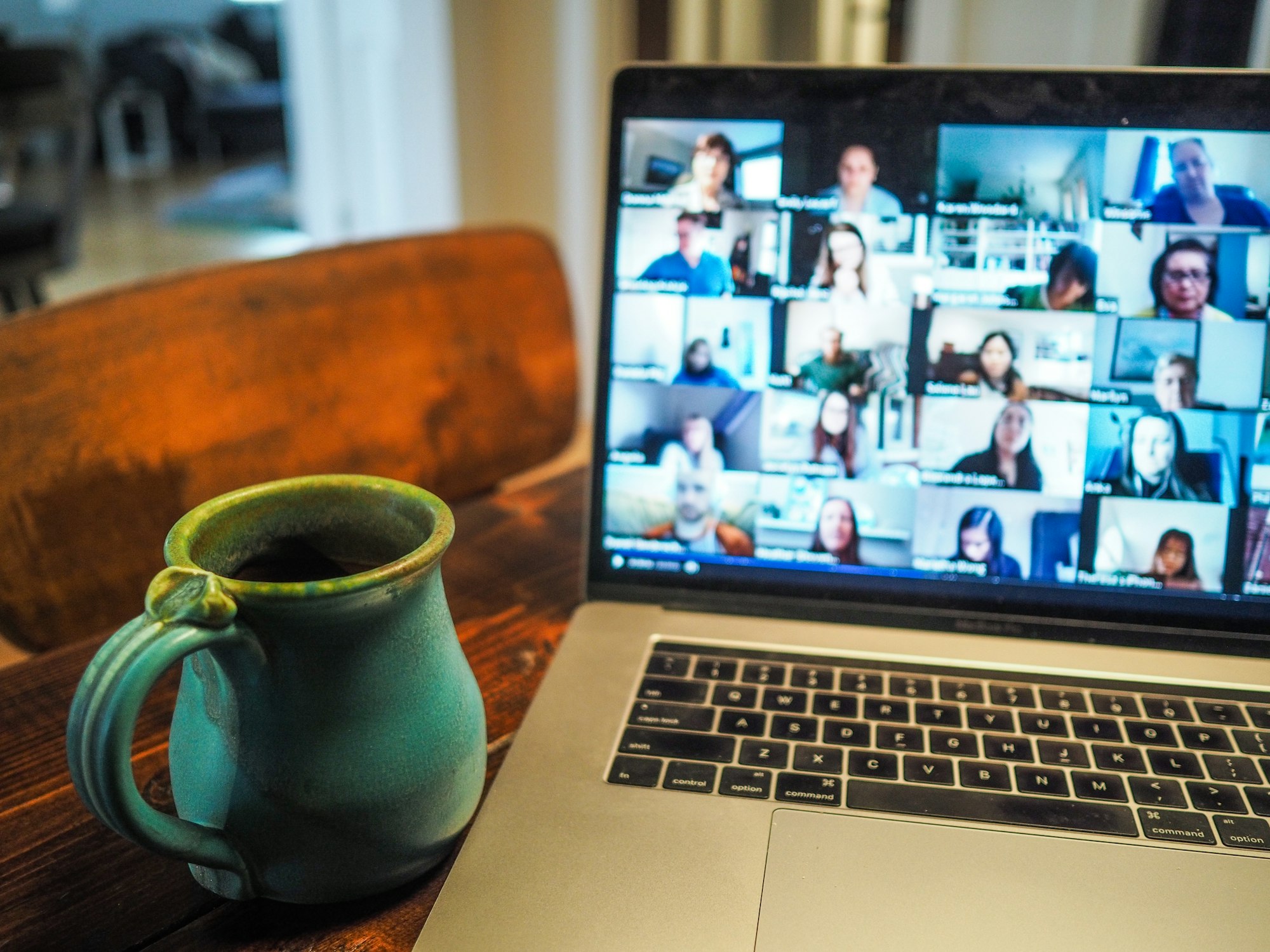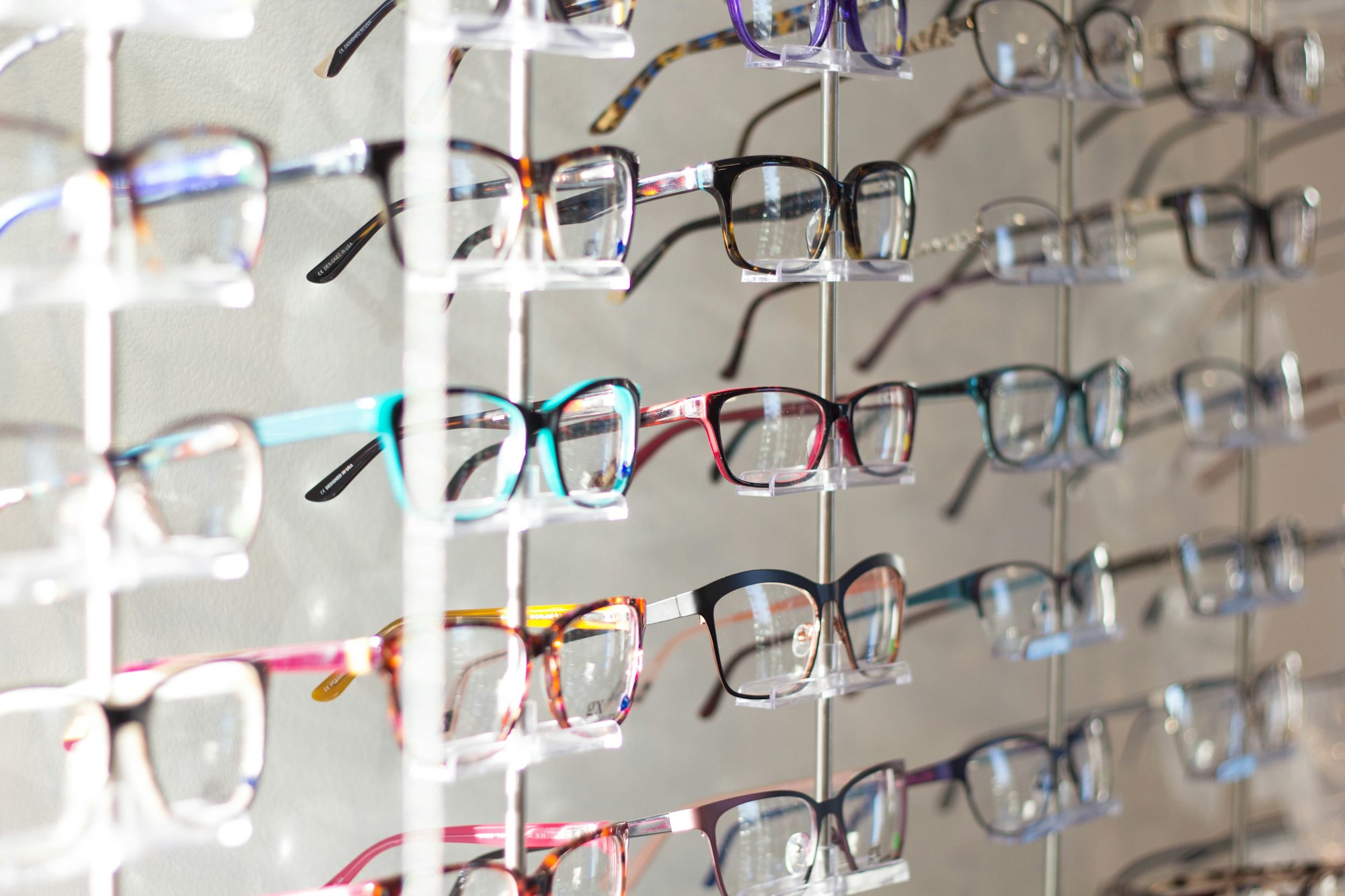5 Tips to Prevent Computer Eye Strain When Working From Home
Being in front of our screens as we hustle all day long makes our eyes tired. Prevent computer eye strain by adopting these simple adjustments in your work habits.

The WFH setup has become the norm for many of us when the pandemic broke out earlier this year. After all, it’s safer than having to go out and work in an office where you’re more exposed to the virus. But while this is an arrangement a lucky few of us can enjoy, doing everything online still has its cons. Being in front of our screens all day long makes our eyes tired. If, at the end of the day, closing your eyes stings a bit or your vision becomes blurred, it is high time you adopt healthier habits when using digital devices. Ahead, we list some tips to help you prevent computer eye strain.
Control your environment
Though they’re not exactly where your sight is directed at while working, the lighting in your room still highly affects your eyesight. Using your computer in a dark room or under dim lights won’t do your eyes any favor. The contrast between your surroundings and your screen can be too much for your sight.
On the other hand, the stark light of fluorescent bulbs don’t work well either. Light up your work area with softer, diffused lights for a better experience. Even better -- go to a room with tons of natural light. Work near the window during the day, but take care to arrange your workspace in a way that you’re not facing the light source and your laptop isn’t reflecting the sun.

Optimize your screen
Make sure, too, that your gadgets’ screens perfectly match the lighting of your environment to prevent computer eye strain when working from home. Technology has made it possible for us to completely personalize our mobile phones, laptops, and tablets so feel free to take advantage of your gadgets’ extensive settings. Adjust your screen brightness so that it isn’t emitting a glaring light. You can also try setting your screen’s tint to a slightly yellow hue as warm tones are less harsh on the eyes.
If possible, adjust your text size and color settings. Make sure the words on your screen highly contrast its background. If you’ve been squinting at the words on your laptop a lot, consider enlarging the text so that they’re more legible.
Take a break
When you’ve created a work environment that’s more considerate of your sight, it’s time to tweak your habits. When working from home, taking short breaks are important to prevent computer eye strain. And, of course, even when you’re too caught up with work, don’t forget to blink.
According to the Philippine Academy of Ophthalmology (PAO), prolonged use of digital devices lessens our tendency to blink. Aside from flushing out irritating debris like dust from our eyes, blinking is also our body’s way to keep our eyes moisturized.

Dry eyes ultimately lead to eye strain. As such, PAO recommends taking a break from your devices every now and then. Every 20 minutes of computer use, you can try blinking your eyes 10 times. Do this very slowly as if you’re falling asleep to keep your vision sharp.
You can also adopt the 20-20-20 rule. Again, after every 20 minutes of screen time, put your work on a pause. Focus on an object 20 feet (around 6 meters) away for 20 seconds to sufficiently rest your eyes.
Know when to stop
When you’ve finally put in your hours needed for the day, rest. When your eyes have been feeling a lot more strained lately, it would be wise if you put off using your gadgets — even for leisure — for a while.
Do a digital detox after a long day and focus on your other hobbies that don’t require much focus from your eyes. Cook, play a musical instrument, or play with your pets. You’ll find yourself quite well-rested when you face the next day.

Prevent computer eye strain with expert advice
Get in touch with eye doctors to fully care for your eyes. Ophthalmologists might suggest the use of blue light glasses to help shield your eyes from screens. Depending on your situation, they can also prescribe eye drops to help moisturize your eyes while you work from home.
More than that, consulting with specialists will also help confirm if the problems with your vision are really just caused by computer eye strain or if you have underlying eye issues. Get the eye care you deserve by booking a consultation when your issues persist. DOH-accredited, SeeYouDoc’s e-health platform has a number of board-certified ophthalmologists that can help you out here.
Sources: Philippine Academy of Ophthalmology, American Academy of Ophthalmology